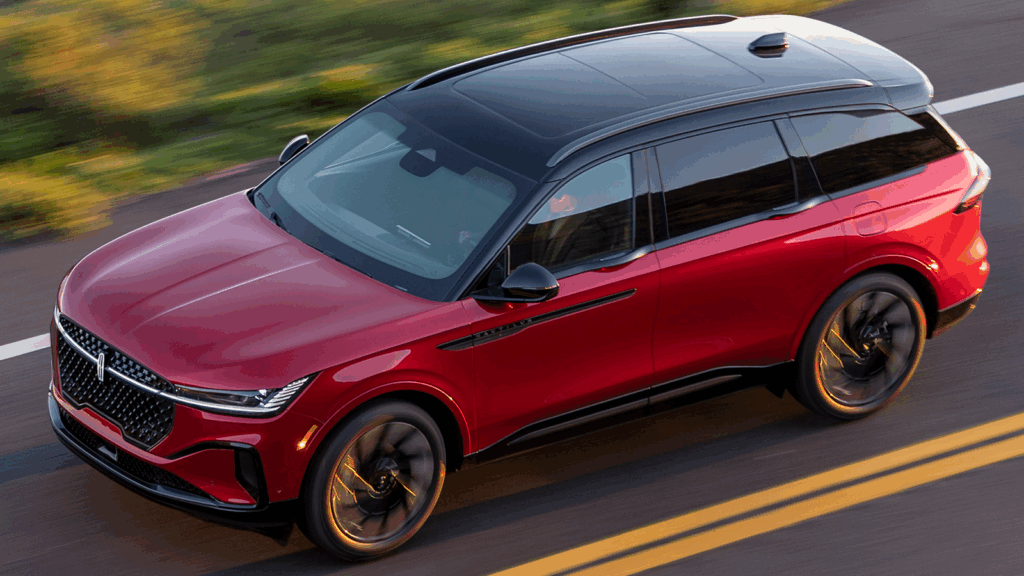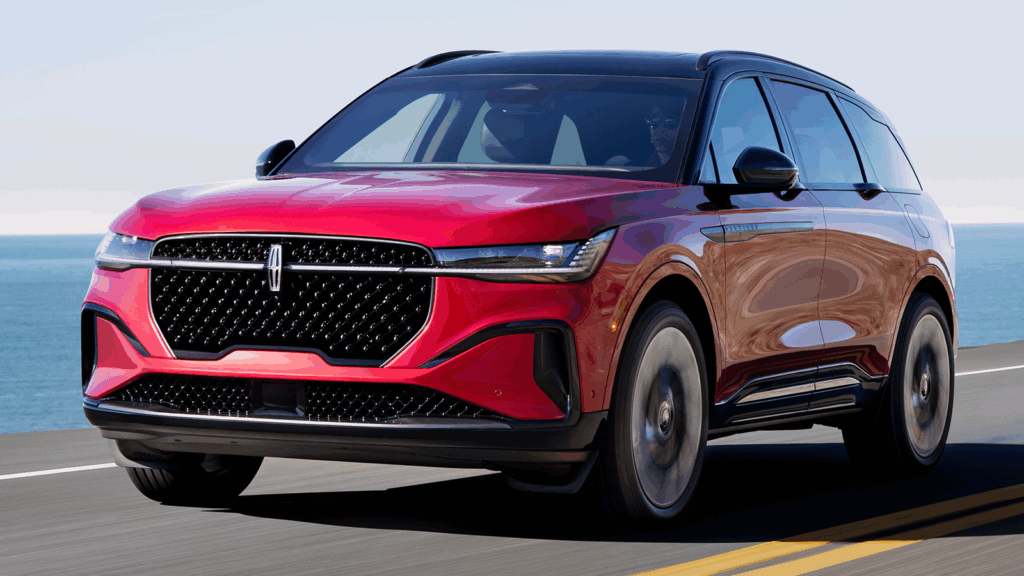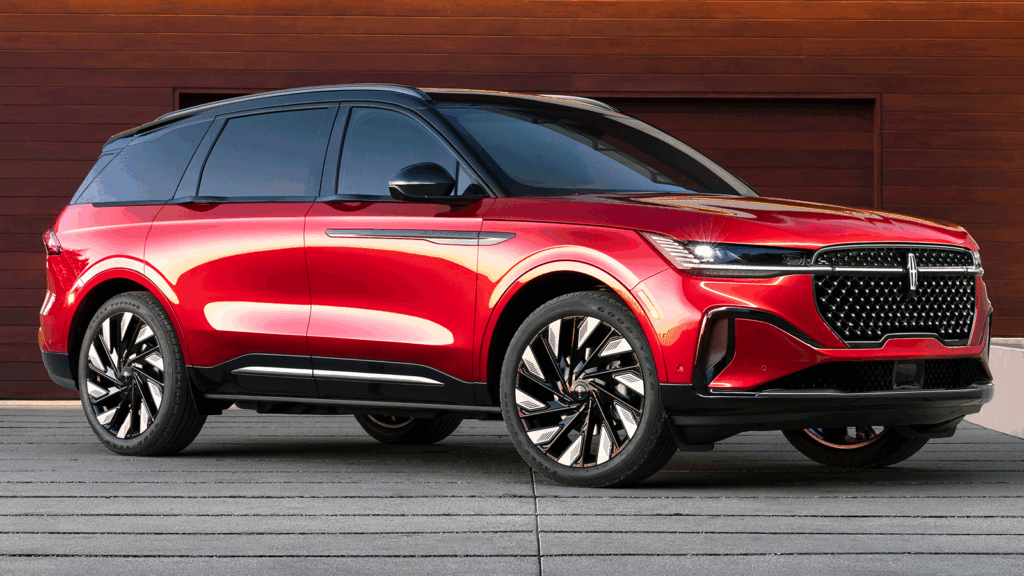U.S. Considers Hiking Up Tariffs on Imported Chinese Cars
The move could also hurt American automakers like Ford and General Motors.
Luxury Midsize SUV Showdown! 2025 Lexus RX vs. Lincoln Nautilus, Genesis GV80, Acura MDX
As Chinese automakers gain ground in Europe and Latin America, the Biden administration is considering raising taxes on cars and EV batteries coming to America from China, according to theWall Street Journal. Citing unnamed sources, theJournalreports this move is to bolster the clean energy industry in the U.S. against cheaper Chinese exports, but it could hurt some American car companies as well.

Cars made in China and sold in the U.S. already face a stiff 27.5 percent tax, and it’s hurting companies worldwide—including American players like Ford and General Motors. The 2024 Lincoln Nautilus will be exclusively made in China, while General Motors imports the Buick Envision from its joint-venture plant with SAIC Motors. Volvo is about to launch the all-electric EX30 in the U.S., which has a starting price of $36,000 and is built in China, while Polestar imports the Polestar 2 sedan from the region as well.

If the Biden or future administrations move forward with the tariff hike, it will have big implications around the automotive world. Americans would likely end up with more expensive electric vehicles, and batteries coming from China would have artificially-hiked costs. Already, the new Lincoln Nautilus SUV, which doesn’t have an EV variant, will start $5,000 higher than the outgoing model, before any other material, tax, or otherwise expected model-to-model price increases.
So far, the U.S. has set some protectionist measures against Chinese-derived components for EVs. The recent Inflation Reduction Act gives certain U.S. car buyers a $7,500 incentive to purchase an electric vehicle, but cars made outside of North America, or cars which battery’s components or minerals don’t come from North America, don’t qualify for the incentive, unless those countries have a free-trade agreement with the U.S. For 2024, those rules get tougher, with cars like the base Tesla Model 3 or Ford Mustang Mach-E not getting the incentive anymore, at least at the start of 2024, with automakers scrambling to find suitable parts and resources. (The Mach-E only qualified for a $3,750 incentive). These rules only apply to those buying an EV; leased vehicles still qualify for the tax credit, so expect to see a lot more EV leases next year.

Earlier this year,MotorTrendreported that 11 Chinese automakers entered the Mexican market in the last three years and have quickly gained almost 10 percent of market share in that country—up from zero just four years ago. “The Chinese are using Mexico as the segue to enter the U.S. market,” automotive analyst César Roy told us in an interview. That worried a group of bipartisan lawmakers, who sent a letter to U.S. Trade ambassador Katherine Tai last month expressing their concern on Chinese car companies gaining ground abroad and using Mexico as a “backdoor” to enter the U.S. Chinese automakers BYD, SAIC Motors, and Chery are all looking at building plants in Mexico, and Chery Mexico’s executive vice president told us the automaker has a plan to enter the U.S.
Recently, Mexico became America’s largest trading partner, surpassing China. The Financial Timesreported earlier this week that U.S. Treasury secretary Janet Yellen stressed the need to apply trade rules properly, including a foreign investment screening with Mexico. But Mexico’s Finance minister, Rogelio Ramírez de la O, said it’s not a great priority for Mexico to dedicate time to countries other than the U.S., according to theFinancial Times.
Earlier this year the European Union launched an investigation into Chinese EVs to protect European automakers. Chinese car companies have also gained ground in the old continent thanks to their lower prices, decent range and quality, hurting domestic automakers. According to theWall Street Journal, the Biden administration is considering lowering taxes from other Chinese goods that aren’t strategically important, but officials haven’t made a final decision. Automotive manufacturing and trade with China will likely be key talking points in the upcoming 2024 U.S. presidential election, so any immediate decision may be held off.
Miguel Cortina
Miguel Cortina is Mexico Editor at MotorTrend, covering the auto industry in the U.S. and south of the border. He joined MotorTrend in January 2015 and is an avid automotive enthusiast who enjoys playing golf, surfing, and running in his free time.



